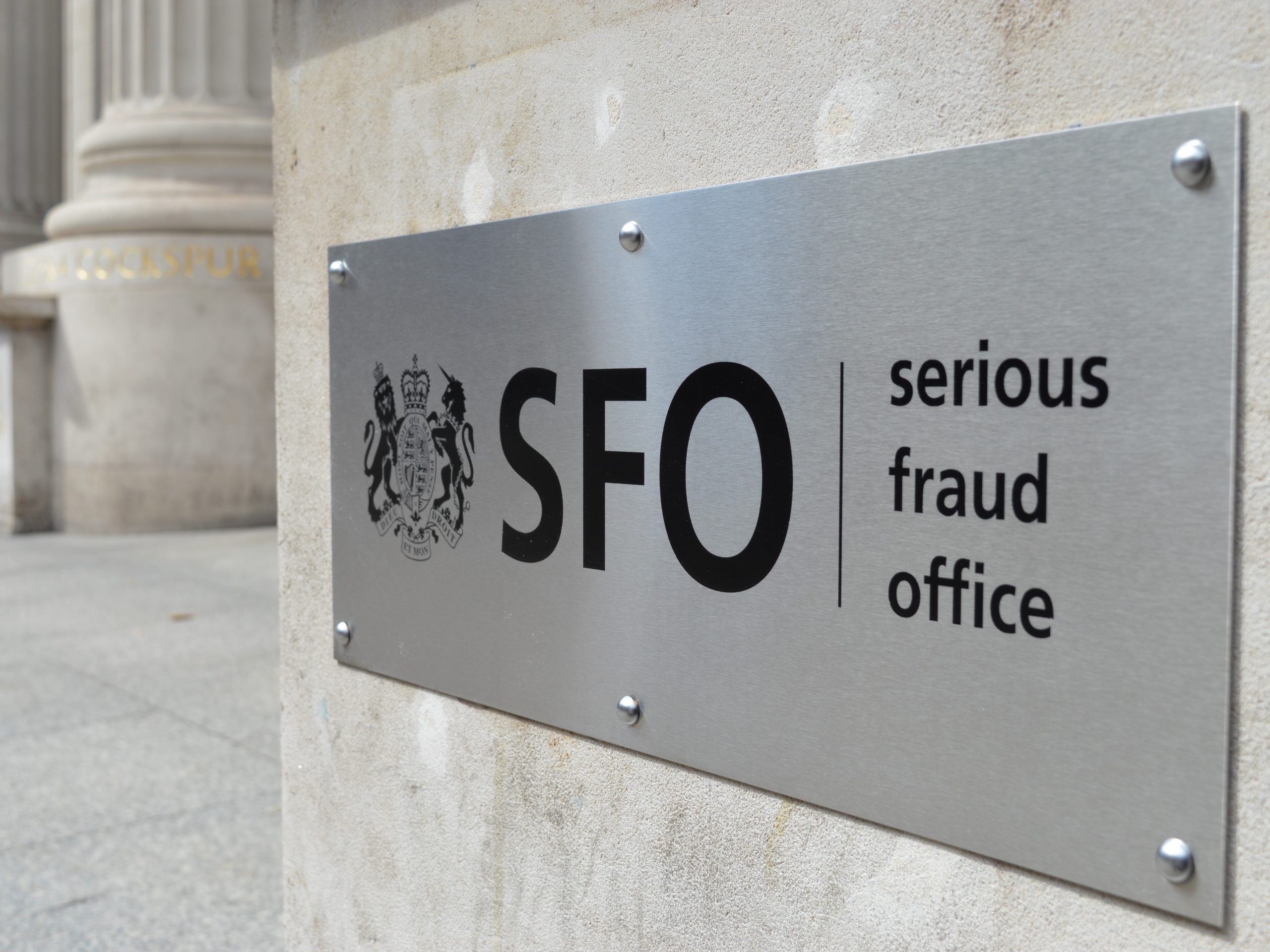Jeffrey Cook was found guilty of taking over £70K in kickbacks
Jeffrey Cook, a former Ministry of Defence (MoD) employee received 30 months in jail time after being convicted of misconduct in public office. Cook took over £70K in payments and gifts as kickbacks on a public contract that he arranged while he was an employee at the MoD.
Between 2004 and 2008, Cook was on secondment when he commissioned a series of reports from an offshore company, ME Consultants, for the MoD on its “SANGCOM” project to provide military communications equipment and services to the Saudi Arabian National Guard. The company was paid about £700K. Serious Fraud Office (SFO) investigators discovered that Cook concealed payments and gifts he received totalling about 10% of its fee as a kickback. He received more than £44K in cash and two cars worth £30K according to SFO prosecutors.
The SFO’s investigation was long and complex and was initially looking into corruption and bribery in Saudi Arabia.
At first, Cook claimed that the money represented expenses from business trips in Saudi Arabia. Then he said they were commissions that had been authorised. Ultimately, a jury found him guilty. He was sentenced to 30 months in prison and ordered to pay a £123K confiscation order.
As part of the investigation, defence firm GPT Special Project Management Ltd pleaded guilty to corruption, paying a penalty of about £30 million.
Case controller Paul Brinkworth, who led the investigation and prosecution noted that at sentencing, the judge said this “represented a personal gain at the expense of the public purse.” He added that this was one of the longest and most challenging investigations and prosecutions for the SFO and, in a warning, noted that it demonstrates that the SFO can bring these cases to a successful conclusion.
This conviction comes on the heels of Cook’s acquittal in another case in which he and John Mason were accused of bribing a Saudi prince and his associates to secure a huge MoD arms deal for a British company. The case involved almost £10m of bribes but the men contended that the payments to the Saudi officials did not legally constitute corruption because the MoD had approved them. In a blow to the SFO, the men were found not guilty.
The SFO’s investigation began after a whistleblower stepped forward with evidence that payments were being paid to offshore accounts without any justification.
Nick Ephgrave QPM, SFO director, said: “Today’s sentencing demonstrates the Serious Fraud Office’s ability to hold individuals to account, particularly when their actions undermine trust in our institutions.”
The SFO takes corruption very seriously. There are red flags you should be aware of, specifically when it comes to your company’s deals and transactions:
- request for bids or proposals is not adequately advertised
- prequalification procedures that are not reasonable
- very narrow contract specifications that favour the winning bidder
- leaking of bid information to favour a certain bidder, and withholding critical information from others
- manipulating the scoring of bids or changing bids after receipt
- arbitrary or trivial reasons for disqualifying other bidders
- unnecessary change orders are approved to increase contract values after award
- splitting purchases to avoid procurement thresholds
- approval of sole source awards that are hard to justify
- pressure by project officials on contractors to select a specific subcontractor or agent
- engagement of a questionable subcontractor or local agent
- delays in contract negotiations or award
Avoiding bribery is the essential task of an individual and an organisation if they want to avoid the penalties of the UK Bribery Act 2010. All organisations in any kind of industry must implement a robust anti-bribery and corruption policy, and subsequently, ensure a commitment to this policy from all employees and associated persons through anti-bribery and corruption training.
Get your entire staff on board with anti-bribery training
Compliance should be far more than simply a tick-box exercise. VinciWorks’ suite of anti-bribery courses brings together gamified learning, personalised content, short bursts of information and refresher training. Our course builders make delivering the most relevant content to each employee easy, while real-life scenarios make the training engaging for the user.








